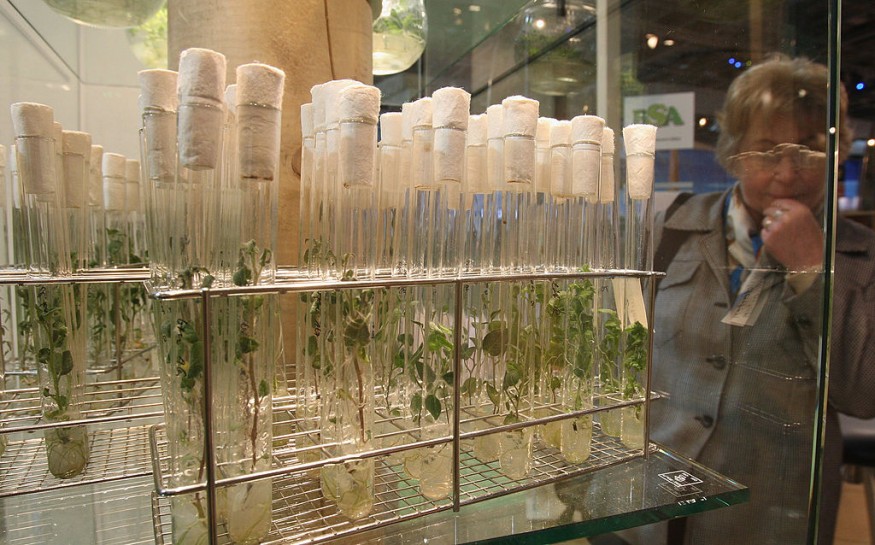
Agrifood tech start-up, Moolec Science aims to produce unique blends of highly functional proteins using molecular farming concepts.
According to Food Navigator, Moolec Science has developed a way to make affordable protein alternatives for food. This is made through a hybrid process called molecular farming that combines plant-based and cell-based technologies.
Molecular Farming
The production of biomolecules and commercial products using plants instead of bioreactors and fermentation is referred to as molecular farming.
In the recent years, entrepreneurs started looking for ways to use molecular farming for industrial biotechnology. The goal they had in mind is to produce enzymes and proteins for the food industry.
Such is the shared goal between Moolec Science Founders Gastón Paladini, Henk Hoogenkamp, and Martin Salinas.
The three of them envisioned creating improvements on the affordability of animal-free solutions in the food system. Although Moolec is just new, Martin Salinas already has experience of applying molecular farming to food.
Bovine Enzyme Production In Safflower Seeds
In 2008, they produced the world's first bovine chymosin protein in safflower on an industrial scale. Additionally, they also created a platform around their patented technology called SPC.
Their process is described as using "plants as bioreactors." According to Food Ingredients First, Moolec explains that plants, like any other organism, is a bioreactor. It uses CO2 as feed material and converts it into biomaterials.
Since a plant is a bioreactor, the chymosin is already inside once the seed is produced and harvested. To recover the protein, a plant extraction facility is needed.
This is done through the process of wet-grinding. Once it becomes soluble, the next thing to do is separate fiber and oil. This is followed by concentrating the extract into a usable food ingredient.
Leading The Next Functional Food Generation
Moolec describes their concept as a hybrid between plant and cell-based. According to the company's spokesperson, this allows them to take the best of both worlds while strengthening the gaps.
Moolec believes that there is room for improvement regarding the organoleptic properties and functionality of plant-derived ingredients.
Additionally, the company says that they wanted to avoid scalability concerns that come with cellular agriculture. As a result, they introduced a combination of both concepts.
This eventually allowed them to create plants containing the unique functionality of particular animal-derived ingredients without bioreactor facilities' requirements.
The company anticipates that the collaboration of molecular farming technologies and sustainable farming practices will bring farmers back to the process in the making of the next functional food generation.
This is echoed by Henk Hoogenkamp, co-founder and CPO, who said that molecular farming is a technology that is barely used in the alternative proteins landscape. For this reason, they aim to promote an inclusive and equitable technological platform for the farmers.
Moolec's ultimate goal is to reduce the price of alternative proteins, which will be at least ten times more cost-effective than other leading alternative meats on the market.
In addition, they also want to be pioneers in the development and use of a technological platform that will motivate other companies to shift towards the molecular farming revolution.
Related article : Know Where To Eat Healthier With The Best Vegan Restaurants In The U.S.
© copyright 2024 Food World News, a property of HNGN Inc. All rights reserved. Use of this website constitutes acceptance of our terms and conditions of use and privacy policy.









